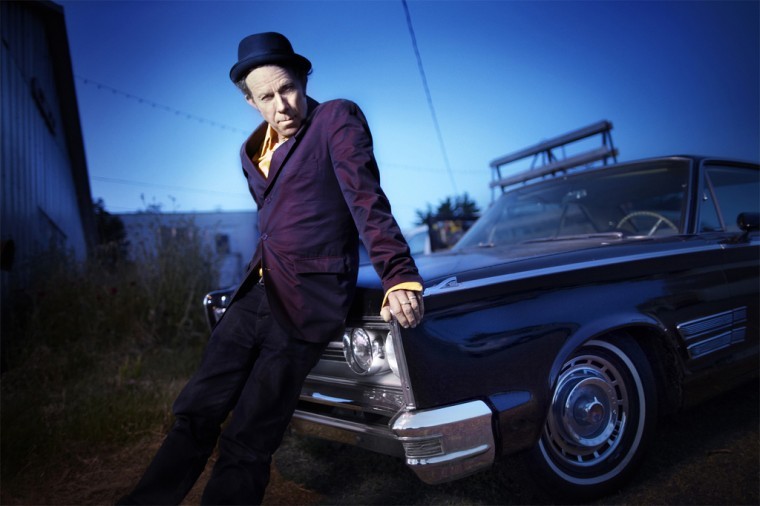Tom Waits recreates old style on new album
November 10, 2011
Tom Waits, the king of underground singer-songwriters, returns with “Bad as Me,” his 20th album in a career spanning almost 40 years. Drawing on such a length of time, the album’s sound smartly sums up Waits’ stylistic changes over the past few decades.
“Bad as Me” is a rare musical jewel-a carefully crafted piece of work that makes the listener wonder, “How does he keep coming up with new ideas after all this time?” The simplest answer is that he finds new combinations of his influences. Traces of music legends, such as Elvis, Buddy Holly, Louis Armstrong and Screamin’ Jay Hawkins, set a foundation for Waits’ varying vocal stylings. The tone varies from soulful ballads, such as “Back in the Crowd” and “Kiss Me,” to Disney-villain-like show tunes, such as “Bad as Me” and “Hell Broke Luce.”
In his typical manner, Waits abandons standard verse-chorus-verse-chorus forms for his songs and uses an assortment of unusual instruments-this time with plenty of brass and low reeds. He also pulls in some outside help from Rolling Stones guitarist Keith Richards and alternative rock bassists Flea and Les Claypool to add to his eclectic jumble of tunes.
Lyrically, the album displays the soul of a man who’s been around for a while and still isn’t pleased with what he sees, a theme throughout the album.
“We won’t have to say goodbye if we all go; maybe things will be better in Chicago,” Waits croons in the album’s opening track “Chicago.”
In the past, Waits has set himself up as a poet laureate for the seediest of dark alley drifters. This time, however, the feel seems more personal and straightforward. The abstract, beatnik-inspired lyrical nonsense of past albums like “Swordfishtrombones” and “Bone Machine” has been replaced with simple feelings closer to a diary entry.
Waits’ induction into the Rock and Roll Hall of Fame clearly made an impression on him, as heard in the moving “Last Leaf,” a song expressing the reflections of an older generation.
“There’s nothing in the world that I ain’t seen; I greet all the new ones that are coming in green,” he muses.
His biggest feat remains in his ability to put out yet another record that isn’t terrible-let alone making one that is genuinely good. Legendary musicians as big as Bob Dylan and Paul McCartney have failed to accomplish the same achievement 20 years into their respective careers.
“Bad as Me” is an impressive and enjoyable album for the diehard Waits fan and could easily serve as the gateway to the rest of Waits’ incomparable discography.












